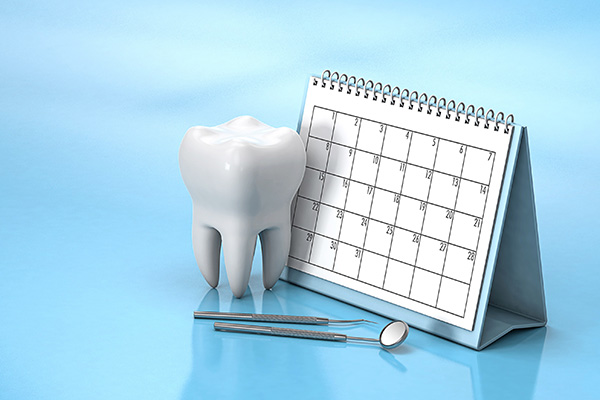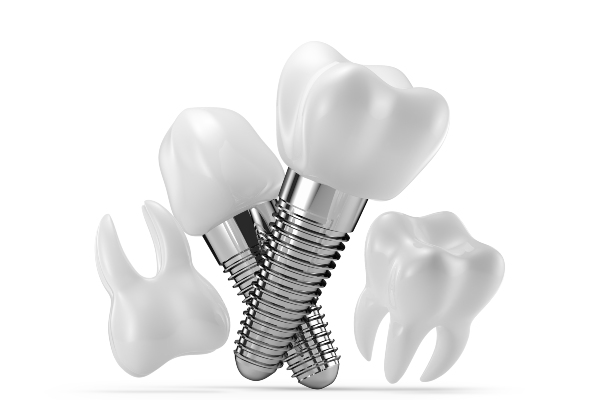Do Essential Oils Help or Hurt Your Dental Health?

With more and more people getting on the “clean living” train nowadays, natural ingredients are fast replacing chemical-based products, even for dental health. Natural products such as essential oils have gotten popular, and there is growing discord regarding the facts and fictions of essential oils and their contributions to dental health.
An overview of essential oils
Essential oils are sourced from plants and could be distilled or extracted from the seeds, bark, leaves, flowers or roots. Their chemical makeup is comparable to human cells and tissues, which makes the identification and absorption process in the body seamless. Because of their small molecular structure, the body can process them quickly and allow them to seep easily into the membranes and diffuse through the body and tissues. Many essential oils have multiple therapeutic effects, as opposed to synthetic chemicals that typically have a single function and a few side effects.
Essential oils have three application methods:
- Inhalation: This is possible using a vaporizer, humidifier or diffuser. You can also pour a few drops of oil on your palm, rub together and inhale deeply with your hands over your face.
- Internal use: You can take the oil directly, in capsule form or by mixing it with your drink or food.
- Topical use: You can apply the oil directly on your skin in concentrated or diluted (using carrier oils) form.
The effect of essential oils on dental health
Clove oil is perhaps the most common oil in dentistry. Dentists often recommend it for treating dry sockets, toothache caused by pulpitis and hypersensitivity. There have been studies on cinnamon bark, peppermint, sweet fennel and other essential oil plants to discover their antibacterial and antiplaque effects on the oral cavity. Sweet basil and cinnamon bark were discovered to have inhibitory effects on bacteria. The conclusion was that using essential oils can help prevent cavities.
For treating gum-related diseases, dental visits combined with regular use of essential oils has been shown to remarkably reduce bacterial count in the deep gum pockets of the subjects. This shows that essential oils can be an important element in the treatment of periodontal diseases.
Also, essential oils can be beneficial in relieving dental anxiety and improving mood through their stimulating effect on parasympathetic action in the autonomous nervous system. Dental anxiety is a fight or flight reaction prompted by visits to the dental office. Some essential oils trigger and stimulate the parts of the brain that control blood pressure, heart rate, memory, breathing, stress and hormones.
One popular essential oil known for its soothing properties is lavender. In a particular study, lavender reduced anxiety levels in male and female patients who were exposed to lavender oil a few minutes before their dental appointment. Orange essential oil held promise for children between ages six and nine. The conclusion was that using diffusers in the waiting area or reception of a dental practice may help patients with dental anxiety.
Are essential oils safe?
Essential oils have few or no adverse side effects and are effective for different oral health conditions. However, the safest practice is to consult your dentist before using essential oils for any condition you have.
Request an appointment here: http://www.riversdentistry.com or call Rivers Family Dentistry at (979) 710-2216 for an appointment in our Bryan office.
Check out what others are saying about our services on Yelp: Read our Yelp reviews.
Related Posts
Seeing your family dentist for regular dental exams can maintain your oral health for many years. Bringing your family with you can extend this benefit to them. Understanding why you must set dental checkups will enable you to maintain a healthy smile for years. Here are the reasons to see your family dentist for regular…
If you have lost one or more of your teeth, talking to an implant dentist might provide the tooth replacement solution you are looking for. Dental implants are one of the most popular ways to replace missing teeth. Whether you are missing one tooth or all of your teeth, chances are there is an implant…
A family dentist makes getting the dental care you and your loved ones need a lot more convenient. Good oral health is not only about keeping your smile looking pearly white; it is also about protecting yourself against bacteria and the infections they bring.A family dentist is equipped to handle all of your loved ones'…
Dental implants are durable, natural-looking replacements for missing teeth. An implant dentist may recommend a single implant or multiple implants spaced throughout the mouth depending on how many teeth are missing and where. This blog will discuss when single or multiple implants are recommended, as well as the other tooth replacement options that can bolster…


